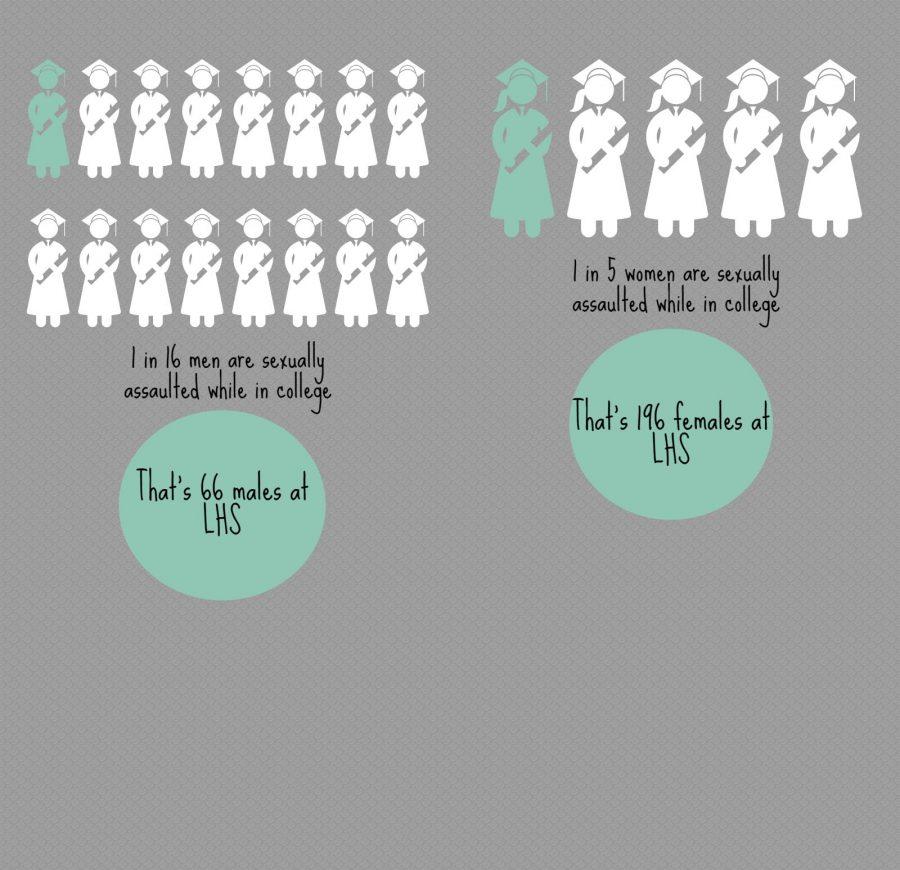Soon-to-be college freshman worry about balancing their social life with school, getting along with their roommate, not gaining the freshman 15, and…whether or not they will be a victim of sexual assault.
According to the Department of Justice, sexual assault is “any type of sexual contact or behavior that occurs without the explicit consent of the recipient. Falling under the definition of sexual assault are activities such as forced sexual intercourse, forcible sodomy, child molestation, incest, fondling, and attempted rape.”
When visiting your future campus, the tour guide most likely talked about the campus’s safety measures, 911 emergency stations, 24/7 light posts and more. However, they probably didn’t warn you about your fellow classmates.
The attackers on college campuses are becoming less and less predictable. According to the Rape, Abuse, and Incest National Network (RAINN), 90 percent of victims knew the person who attacked them, meaning the stranger in a dark alley could be much less dangerous than the cute boy who lives down the hall.
Many students tell themselves that they are smart, would never walk home alone, would never accept a drink from a stranger, and would never get in the car with someone they don’t know. However, many become powerless when under the influence of alcohol or drugs: Over half of sexual assaults committed against college students involve alcohol, according to researchers at Wayne State University. Intoxication can make individuals more vulnerable to assaults by impairing their judgment or limiting their ability to defend themselves.
On the other hand, men and women who are not over-intoxicated can be victims of sexual assault as well. The unfortunate problem with this is people begin to ask: “What were you wearing?” or “Were you flirting with him?”
The problem with questions like these is that they lead the victims to thinking it was their fault and this ultimately leads to a lower reporting rate of rape in the future: the ACLU estimates that 95 percent of U.S. campus rapes go unreported.
The statistics are frightening…so, how can you avoid being a victim?
A report by the National Institute of Justice reveals that self-protection actions such as weaponless attacking, running, hiding, getting help, or struggling seem to decrease the risk of rape completion by 80 percent.
Many colleges offer courses in basic self-defense.
Also, District 128 is holding self-defense courses for adult teens, families, women, and girls at the district office in Vernon Hills on June 13 and July 20.
Tips:
- Don’t leave a drink unattended and always be aware of sudden changes in the way your body feels: trust your gut.
- Share your plans for the night with someone you trust.
- Create a code word to tell your friends if you feel you might be in trouble.
- Remember it is OK to lie—You are never obligated to remain in a situation that makes you feel uncomfortable, scared, or threatened.








